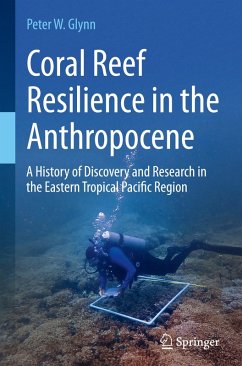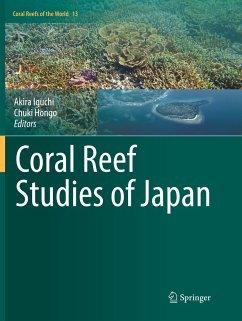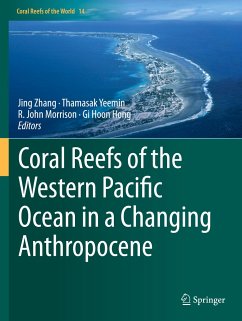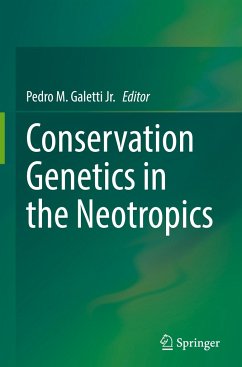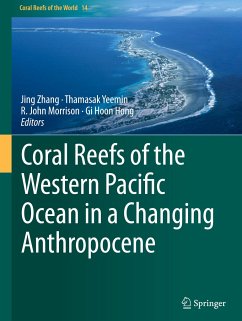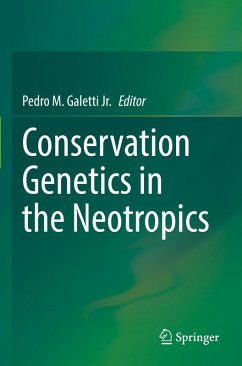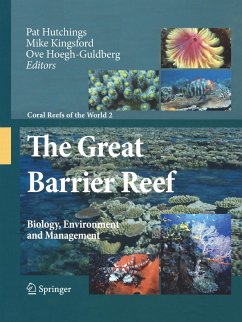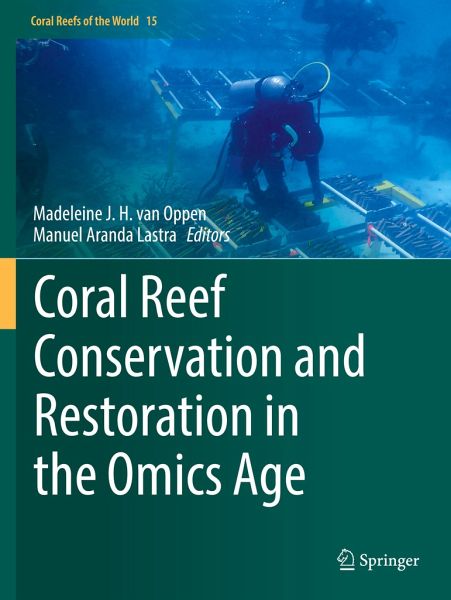
Coral Reef Conservation and Restoration in the Omics Age
Versandkostenfrei!
Versandfertig in 6-10 Tagen
113,99 €
inkl. MwSt.

PAYBACK Punkte
57 °P sammeln!
The rapid demise of coral reefs worldwide has spurred efforts to develop innovative conservation and restoration methods. Many of these rely on omics approaches to produce genetic, genomic, transcriptomic, epigenomic or metabolomic data to inform conservation and restoration interventions. This book provides the state of play of this field. It discusses topics ranging from how genomic and environmental DNA (eDNA) data can be used to inform marine protected area design and cryopreservation strategies, the use of knowledge on adaptive genetic and epigenetic variation to maximise environmental st...
The rapid demise of coral reefs worldwide has spurred efforts to develop innovative conservation and restoration methods. Many of these rely on omics approaches to produce genetic, genomic, transcriptomic, epigenomic or metabolomic data to inform conservation and restoration interventions. This book provides the state of play of this field. It discusses topics ranging from how genomic and environmental DNA (eDNA) data can be used to inform marine protected area design and cryopreservation strategies, the use of knowledge on adaptive genetic and epigenetic variation to maximise environmental stress tolerance of coral stock, harnessing transcriptome data to develop early warning markers, the use of microbial symbiont omics data in guiding restoration strategies, to applications of metabolomics and genetic engineering. How best to translate omics data to resource managers is also discussed.






